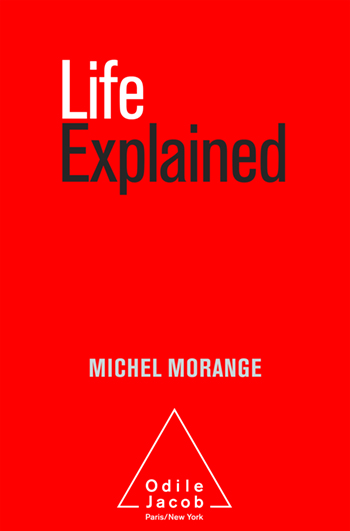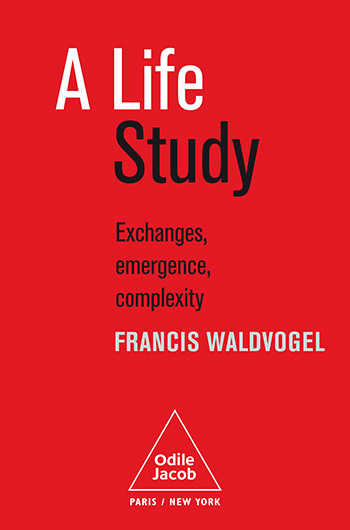André Burguière
The Annales School A New Approach to the Study of History Publication date : April 4, 2018
A new approach to history, the Annales School, developed in France in the late 1920’s, profoundly renewed French and international historiography through the research work carried out by its founding members, Marc Bloch and Lucien Febvre and their successors, Emmanuel Leroy-Ladurie, Jacques Le Goff, Philippe Ariès, Fernand Braudel, Ernest Labrousse and Michel Foucault. It replaces history’s traditional focus on battles and kings, great eras and events or the fortunes and misfortunes of a nation with that of multifaceted, transdisciplinary issues: was François Rabelais an atheist? Why has France always failed to become the leading economic power in Europe?
Building on his privileged position as both an insider (he was a member of the editorial board of the History Journal Annales d’Histoire économique et sociale) and an outsider, André Burguière brilliantly presents the development of this school of thought. The Annales school focuses mainly on the history of human mentalities, that is, the emotive and cognitive structures and unconscious representations underpinning human behavior. It captures the intellectual framework through which past societies would think about themselves. How can we see the history of others through their lens? How does this approach relate to the more recent paradigm of Cultural Studies?
This book provides a broad overview of the Annales School’s academic expansion and examines the importance of its central concept – mentalities – in historiographical research.
André Burguière, a historian, was a director of studies at the École des Hautes Ètudes en Sciences Sociales and a member of the Annales d’histoire économique et sociale (Yearbook of Economic and Social History). He has written several collective works, including Histoire de la famille (1986) and Histoire de la France (1989).


